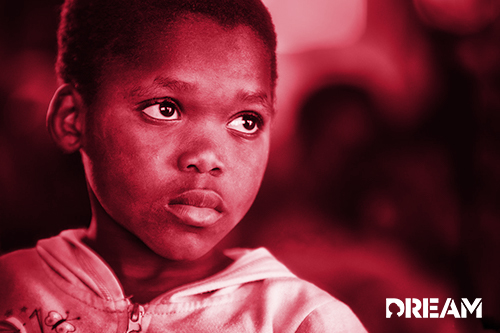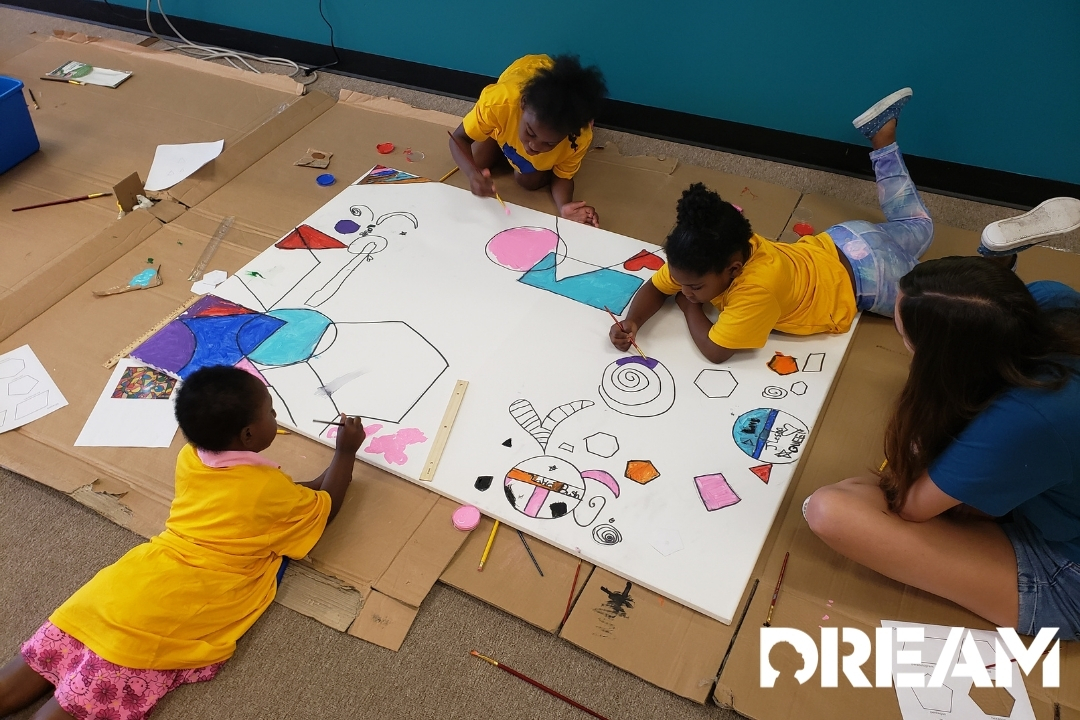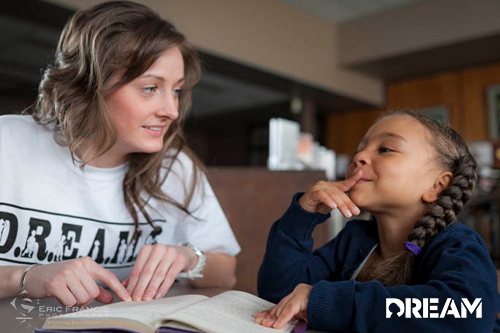The holidays should be a joyous time of the year for everyone. However, the holiday season is often a challenging time for children who have suffered a loss in their life. Loss touches everyone's life and can come in many forms. It could be the death of a loved one, the death of a pet, the loss of a house to fire, the loss of a united family due to divorce or the loss of a good friend who may have moved away.
Everyone grieves loss differently. Depending on your child's age, the responses can vary greatly and adults should always be aware. Some warning signs of grief among children and teens may include isolation and withdrawal fromx others, anger or irritability, a drop in academic performance, distraction, depression, irregular sleep and a change in appetite patterns.
It is important for children to learn how to express grief and it is important for adults to validate their feelings. Help children communicate their feelings and remind them that it is okay to feel sad, mad, afraid, confused or lonely. Do not ignore the warning signs or feelings manifested by the child. Try not to repress those feelings either. It is important for adults to know that the holidays will be different and to listen and respect a child's feelings. Validate that it is okay to feel the way they feel.
Plan ahead. As a parent, you know good and well that the holidays are coming. Plan to commemorate that person or the loss your child is feeling. Talking to your family about the best way to remember your loved one is an important step.
It is also important that teachers know when students are dealing with loss. Let your child know that they aren’t alone. Enlist the help and support of other educators, the counselor, social worker, art and music teacher and the school nurse.
Keep some of the old traditions, and forge new ones. Kids love rituals. They like things that they can look forward to, and they like predictability. One of the fears of many kids dealing with loss is that there will also be a loss of normal traditions. So keep some of the previous routines the same and introduce new rituals, like lighting a special candle in memory of a loved one.
Creative projects can help children find ways to express grief and deal with the bereavement process. There are many activities that can be used to help children who are not ready to talk about their loss. Kids can express their feelings through music, art, writing and poetry are common ways to express grief which in turn help to facilitate healing through the cycle of loss.
It is important for parents dealing with loss to take care of themselves too. The holidays can become overwhelming and stressful when we think about everything that needs to be done. Slow down and take care of yourself so you can take good care of the kids.
DREAM, one of the Midwest’s well-known youth mentoring organizations, provides life-changing and life-enriching experiences to at-risk youth through mentoring and after-school programs in Omaha, Nebraska, and Springfield, Missouri. Their proven approach puts children in a comfortable setting where they’re encouraged to discuss openly, learn, and grow as individuals. Are you interested in getting involved with DREAM? Contact us today.






